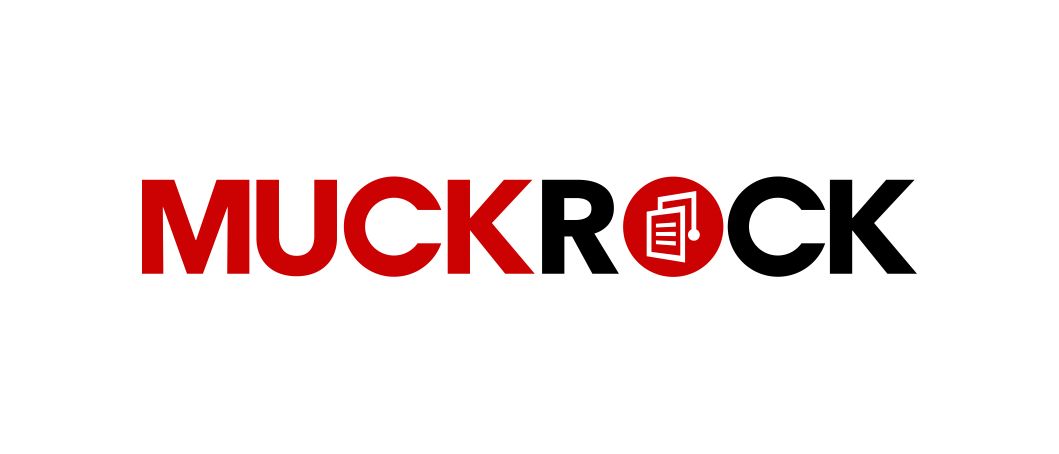By Aaron and Drew
Online tools have the ability to lower the effort that journalists need to put into researching their stories. Lowering the activation energy can spur new types of journalists, reimagined forms of engagement, and entire communities centered around this new media.
MuckRock is a perfect example of such an ecosystem forming around a tool that made a previously burdensome task easy. Requesting information from the government can be daunting, but MuckRock guides you through everything and even digitizes what is otherwise often a snail mail process.
However, MuckRock is not just about requesting public records. It’s also about everything that comes after. People can track each other’s’ requests, report articles on the public records, and even crowdsource donations to support more investigative research.  (from: https://www.prx.org/group_accounts/190663-muckrock)
(from: https://www.prx.org/group_accounts/190663-muckrock)
What is the Freedom of Information Act?
Lyndon B. Johnson signed into law the Freedom of Information Act (FOIA) in 1966. The law mandates the disclosure of government records to anyone who request them, citizen or not. There are a few exceptions to these record releases, such as national security or the locations of wells. In 2015, the government received over 700,000 such requests for information, of which approximately 25% were released in full and 45% were partly released.
The law mandates a response from agencies within 20 business days. Agencies are allowed to charge citizens for the time and materials.
The FOIA is a federal law that only applies to federal agencies in the executive branch. All 50 states and the District of Columbia have passed their own Freedom of Information laws that are generally very similar to the federal version.
What exactly is MuckRock?
MuckRock is a service for journalists to request and manage FOI requests from a variety of federal, state, and local resources. Since 2010, it has released more than one million government documents: http://www.bostonmagazine.com/news/blog/2016/07/03/muckrock-foia-turns-50/
How do you request a public record?
It’s great you asked! We wondered the exact same thing, so we went ahead and requested our own with MuckRock. The process is simple. All you need to do is sign up for an account, pay a nominal fee ($20 for 4 requests) and then make your request.
With our request, we have asked the FBI to release all records pertaining to foreign cyber attacks against American universities.
Muckrock tracks the average response times of various agencies. Here are some examples:
| Agency | Average Response Time | Required Response Time | Success Rate | Average Cost |
| Federal Bureau of Investigations | 130 days | 20 days | 21% | $2661.30 |
| Central Intelligence Agency | 156 days | 20 days | 9.5% | $28.30 |
| Department of Justice | 211 days | 20 days | 8.2% | Not Available |
| Massachusetts Bay Transit Authority | 84 days | 10 days | 38% | $2082.84 |
How do public records turn into journalism?
Once one hears back from the government with the information she requested, she can use the information in her reporting. Additionally, MuckRock writes its own articles using the public records surfaced by users.
This reporting has the ability to close the loop of the FOIA process and hold parties accountable for actions that might otherwise go unnoticed. Articles on MuckRock are often very timely. Some recent examples include “Boston Police underestimated size of Women’s March protests by nearly 150 thousand” and “EPA Transition docs detail many of the regulations Trump could roll back”.
In a departure from what you normally see in journalism, the articles are often centered around a piece of evidence, such a police report, FBI file, or government document. Not only is the evidence there for you to see and inspect, you can look up the history of how and where it was obtained.
This has the ability to change how readers interact with the news they’re consuming. They can inspect the evidence themselves, forming their own judgement, and even develop ideas on how they may further the reporting in the future — transforming them from consumers into producers. It also introduces transparency that can help instill confidence in the media.
Who funds all this?
Individuals can request their own public records (like we did!), thus supporting the MuckRock community through these one-off records. However, they can also help fund larger projects that are centered around a particular topic and requiring substantial funding. In this sense, MuckRock serves as a crowd-funding website.
Example: https://www.muckrock.com/project/the-private-prison-project-8/

I believe I read this week that the FBI will no longer accept FOIA requests by email but will require written or faxed requests. The article I read speculated that it was an attempt to slow down response time. They will also accept requests via an “online portal.” I wonder what the impact will be.
http://www.digitaltrends.com/computing/fbi-foia-requests-email/
We came across that when doing our research. One might hope the online portal speeds things up by organizing requests in a better way for the FBI. I can’t imagine it gets much worse because they are already pretty slow at responding and actually fulfilling requests.
MuckRock actually posted an article about what the changes mean a few days ago: https://www.muckrock.com/news/archives/2017/feb/07/fbi-foia-portal-bad/